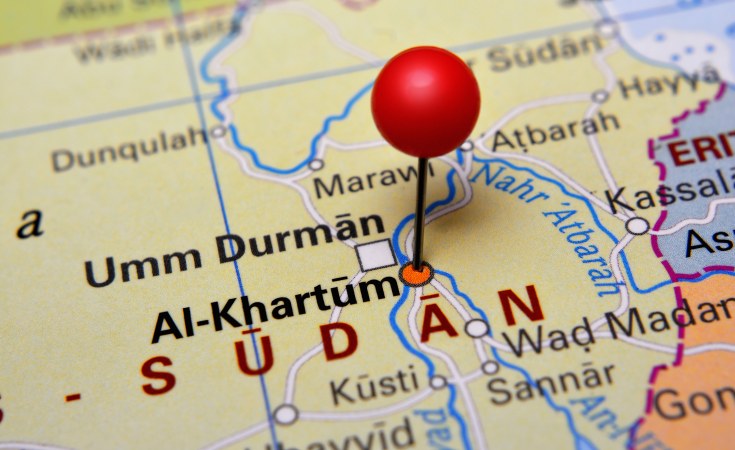Ambassador Omar Arouna, MBA, is the Chairman of the New York Center for foreign policy affairs (NYCFPA). NYCFPA is conducting in-depth research and analysis of the current political and economic situation in South Sudan and Sudan, with Washington, DC, the effectiveness of targeted sanctions in the region, and the effectiveness of these policies in furthering American foreign policy and business interests. The organization, in October 2022, issued a white paper on South Sudan and has been monitoring the situation in both Sudan and South Sudan since.
The people of Sudan have been struggling for freedom, peace, and justice since the December 2018 revolution that overthrew the former regime. During the transitional period led by a civil coalition, the country experienced political and security instability.
In supporting a civilian government in Sudan, the SAF and RSF have stated that they support the transition to a civilian-led government. However, the Rapid Support Forces (RSF) in Sudan have been crucial in supporting the Sudanese Revolution in December 2018 to achieve freedom, peace, and justice for the Sudanese people. They managed to thwart nine coup attempts by the ex-regime supporters, all of whom were put in jail. On December 5th, 2022, the RSF signed a political agreement with civilian parties to return the entire civilian government and exit the military institution from politics to establish a democratic government and achieve the revolution's goals.
According to a source close to RSF, "the recent events in Sudan have highlighted the involvement of the radical Islamists in the country's affairs." According to the same source, "The Rapid Support Forces, which earlier supported the people's revolution and imprisoned leaders of the former regime, have become enemies of the Od's of ex Bashir regime."
The RSF in Sudan has played a critical role in supporting the Sudanese Revolution and ensuring that the goals of the revolution are achieved. To establish a democratic government and end the war in Sudan, it is necessary to complete the political agreement, move forward with military reform, restructure, and reform institutions, adopt projects to rebuild and rehabilitate what was destroyed by the war, provide the necessary services to citizens, and draft a national project with the agreement of all Sudanese people. Moreover, RSF claimed it commits to achieving these goals and ensuring that Sudan can establish a prosperous and democratic future for all its citizens.
Ultimately it is for the people of Sudan and the international community to be vigilant and ensure that involvement from external factors such as the radical Islamists or others does not destabilize the country and the region. Sudan must be allowed to chart its course toward democracy and freedom without interference from any external forces despite the in-fighting. It is up to the people of Sudan and their elected representatives to determine the direction of their government and the role that the SAF and RSF will play in that process.


